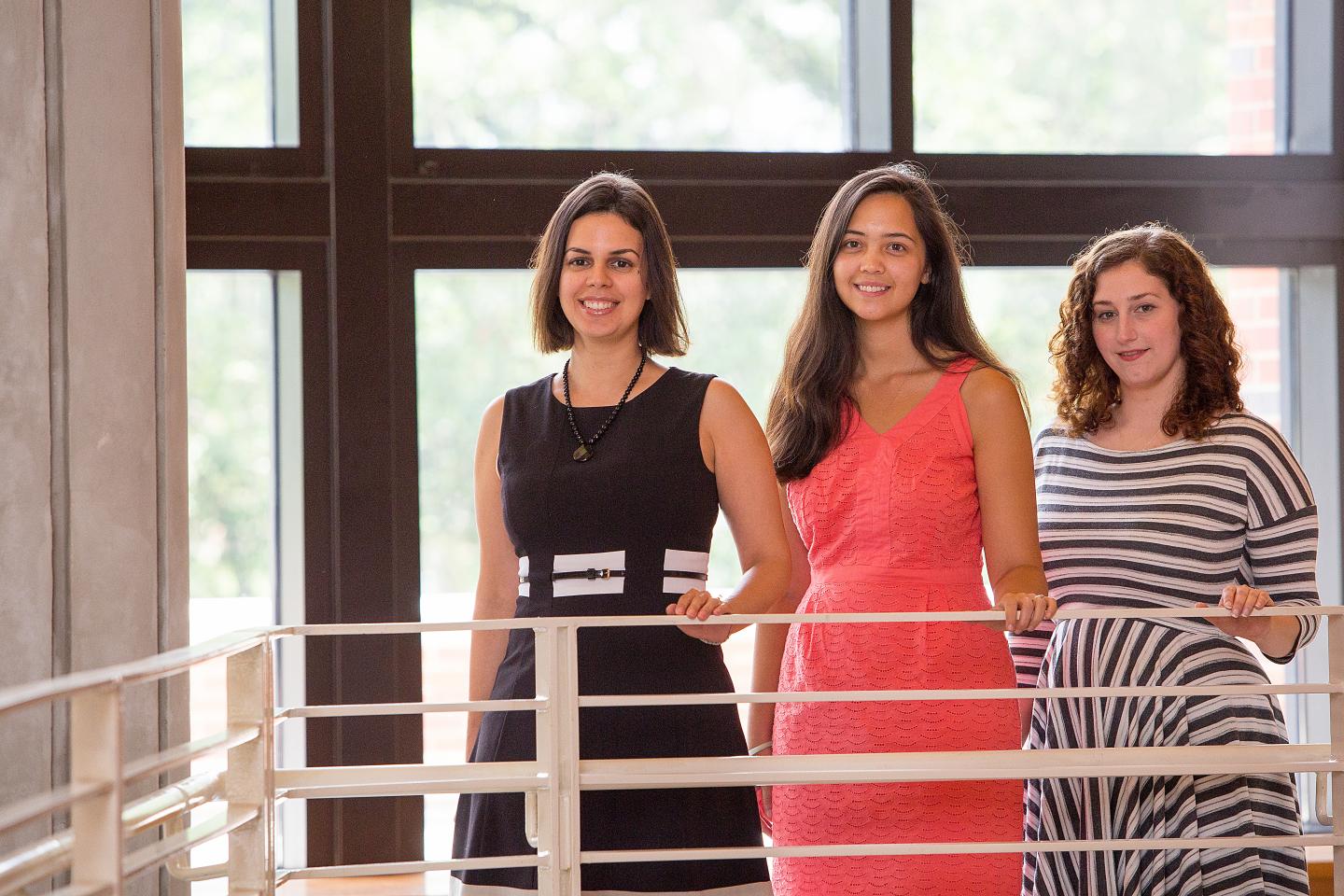Selected coverage: The Conversation, IFLS
A misperception — the belief that the ability to do difficult mathematics is something that you either have or don’t — currently prevents many American girls from opting for a major in physics, engineering, mathematics, or computer science (PEMC), suggests a new study. What is positive is that schools, families and policy makers can help students to shift their (mis-)perceptions.
“Our results indicate the potential for more women to move into PEMC if they perceive their mathematics ability as strong, and open to growth,” says Lara Perez-Felkner, Assistant Professor of Higher Education and Sociology at Florida State University and co-author of the study.
Together with doctoral students Samantha Nix and Kirby Thomas, Perez-Felkner set out to determine how the choice of college major is influenced by gender and perceptions about ability. They focused on a group of 4,450 students from 750 high schools across the USA, following them over the period 2002-2012 through the records of the Education Longitudinal Study of the US National Center for Education Statistics.
The results were revealing. Someone’s self-perceived ability in mathematics, particular in difficult and challenging tasks, matters. While boys in high school tend to overrate their abilities in mathematics, girls tend to underrate them. But girls in 12th grade who reported being convinced that they could do the most difficult and challenging mathematics were an estimated 3.3 times more likely to take a PEMC major. This held true even after correcting for other factors, for example the science courses they took in high school, ethnicity, college entrance exam scores, and the selectivity of the college.
Another important factor was the perception that mathematical ability can be developed through learning (a “growth mindset”). Girls in 10th grade who reported that they strongly believed this were an estimated 2.3 times more likely to take a PEMC major than girls who reported the opposite belief.
“By focusing on students’ perceived ability under challenge, we are getting closer to the “real” world context, where mathematics anxiety may operate. Most people believe they can do some mathematics, such as splitting a dinner bill with friends, but fewer believe they can do mathematics they perceive as ‘difficult’. Here we show that this belief can influence the decision to specialize in mathematics-intensitive fields, for both women and men,” says Samantha Nix.
These findings have direct implications for policy. They suggest that interventions that foster a growth mindset of mathematical ability could be effective in raising the number of women that pursue a career in PEMC fields. Currently, women are strongly underrepresented in these fields, as shown by recent reports by the OECD and the US National Science Foundation. This gender gap is bad news for everyone: science and society lose talent, while women miss out on potential careers with higher-than-average income and job stability.
“It is important for the US and other nations to continue to invest in interventions to end gender segregation in PEMC sciences. For instance, students may need to hear that encountering difficulty during classwork is expected and normal, and does not say anything about the ability to become a successful scientist. In addition, instructors may want to ask themselves if they are giving the same feedback to young women and men who deal successfully with a difficult mathematics problem in class,” says Perez-Felkner.

The research, which was funded by a National Science Foundation grant, is published in the open-access journal Frontiers in Psychology.
Other results include:
- Girls were an estimated 3.7 times less likely to major in PEMC than their male peers.
- Girls were an estimated 3.8 times more likely to major in Health Science than their male peers.
- Girls and boys who had completed both Physics 1 and Chemistry 1 courses in high school were an estimated 1.9 times more likely to major in a PEMC field than their peers, and an estimated 2.5 times more likely if they had completed both Physics 2 and Chemistry 2.
EurekAlert! PR: http://www.eurekalert.org/pub_releases/2015-06/f-mdg060415.php
Study: http://journal.frontiersin.org/article/10.3389/fpsyg.2015.00530/full